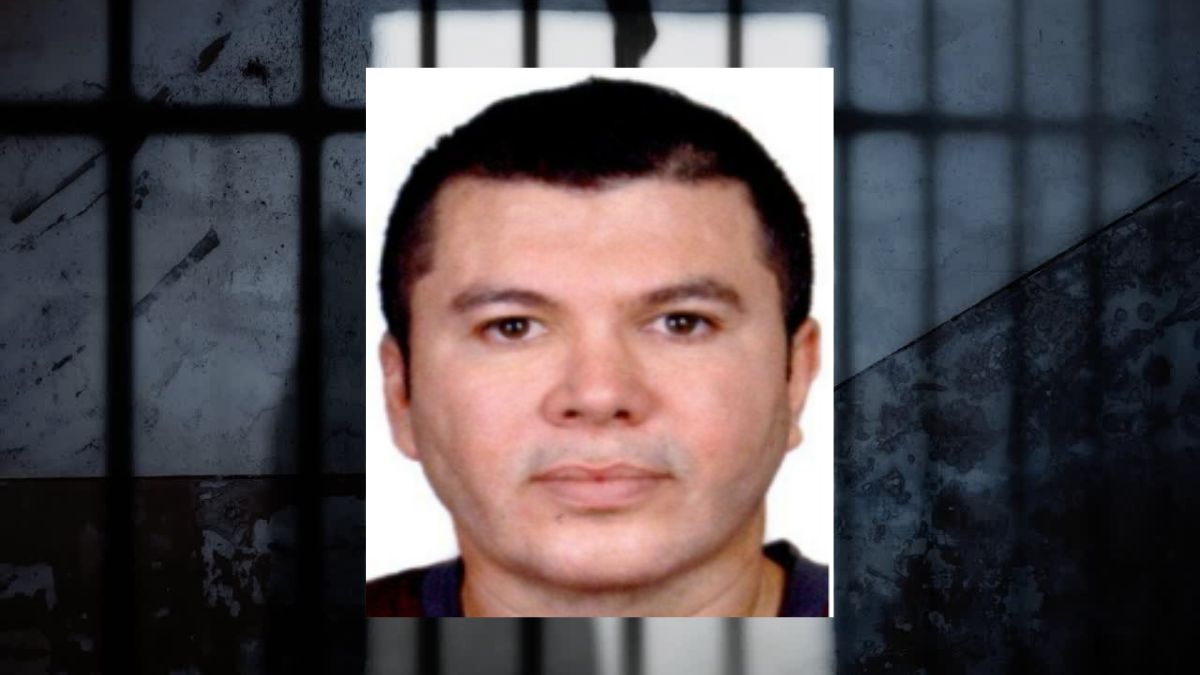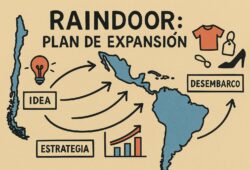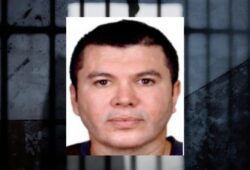
The Mexican government, led by President Claudia Sheinbaum, confirmed the transfer of 26 prisoners to the United States, all under extradition orders for crimes linked to drug trafficking and other high-impact criminal activities. Among those detained are several leaders of the Jalisco New Generation Cartel (CJNG) and the Sinaloa Cartel.
The operation, coordinated with U.S. agencies, represents one of the most significant moves in bilateral security cooperation so far this year.
ALSO READ. How did the fentanyl epidemic start? A story of unethical marketing
Why did Mexico extradite 26 high-profile criminals to the United States?
According to official information, the extradited individuals were being held in different penitentiaries in Mexico and were considered a permanent risk to public safety. Mexican authorities detailed that the transfer was carried out at the request of the U.S. Department of Justice, which committed not to seek the death penalty for any of the defendants.
The FGR, headed by Alejandro Gertz Manero, and the SSPC, led by Omar García Harfuch, stated that the handover of the criminals was executed in strict adherence to the Constitution, the National Security Law, and with full respect for the inmates’ fundamental rights. The operation is part of broader efforts in cooperation and bilateral reciprocity, reinforcing both nations’ commitment to the fight against organized crime.
Who are the criminals handed over to the United States?
Although authorities have not yet revealed the complete list of the 26 extradited individuals, it has emerged that among them are prominent figures from criminal organizations, such as:
- Jehonany Alexander Valdéz Serrano, alias El Quinientos, El 500, or El Ingeniero.
- Pablo Edwin Huerta Nuño, known as El Flaquito.
- Juan Carlos Félix Gastélum, alias El Chavo Félix.
- Abigael González Valencia, alias El Cuini, leader of “Los Cuinis” and financial operator for the Jalisco New Generation Cartel (CJNG).
This operation adds to another carried out on February 2, when the FGR and the SSPC handed over 29 people to the United States, including some of the most dangerous kingpins in the recent history of drug trafficking in Mexico:
- Rafael Caro Quintero, founder of the Guadalajara Cartel.
- Miguel Ángel Treviño Morales (Z-40) and Omar Treviño Morales (Z-42), founders of Los Zetas.
- Héctor Eduardo Infante, operator of Los Rusos.
- Vicente Carrillo Fuentes (Viceroy), leader of the Juárez Cartel.
In both cases, the inmates were transported to Felipe Ángeles International Airport (AIFA) and sent on custody flights to various detention facilities in the United States.
Who is Abigael González Valencia, “El Cuini”?
Abigael González Valencia, born in Aguililla, Michoacán, is considered one of the main financial operators of drug trafficking in Mexico. Known as El Cuini, he belongs to a clan of 18 siblings—nicknamed after a local squirrel—and is the brother-in-law of Nemesio Oseguera Cervantes, El Mencho, leader of the Jalisco New Generation Cartel (CJNG).
In the 1980s he illegally emigrated to California, where he began in drug trafficking with El Mencho for the Milenio Cartel. He was arrested in the United States in 1996 on drug charges but fled to Mexico. There he consolidated himself as a CJNG leader after an internal war that split the Milenio Cartel.
He founded Los Cuinis, a group identified as the CJNG’s financial arm, with international operations focused on high-value markets such as Europe and Asia, in addition to alliances with South American armed groups.
He was arrested on February 28, 2015, in Puerto Vallarta. He faces charges of drug trafficking, money laundering, and arms trafficking, and is considered a key figure in the CJNG’s global connections.
What did the United States say about the extradition of the 26 criminals?
The U.S. Embassy in Mexico issued a statement congratulating the Mexican government “under the leadership of President Claudia Sheinbaum, for its continued and courageous cooperation in the transfer of 26 additional high-profile fugitives to the United States.”
Ambassador Ronald Johnson emphasized: “We are deeply grateful for demonstrating resolve in the face of organized crime. I am honored to serve under the leadership of President Donald J. Trump and alongside Attorney General Pam Bondi, whose unwavering focus on public safety and law enforcement cooperation has directly advanced efforts to bring fugitives to justice. Their determination was instrumental in making this second transfer a reality.”
The diplomat added that this effort is “another example of what is possible when two governments unite against violence and impunity,” and assured that citizens of both countries will be safer.
I am deeply grateful to President @Claudiashein for her leadership in strengthening the partnership with @POTUS @realDonaldTrump and the United States against our common enemies and for mutual benefit of our citizens. This transfer is yet another example of what is possible when…
— Embajador Ronald Johnson (@USAmbMex) August 12, 2025










